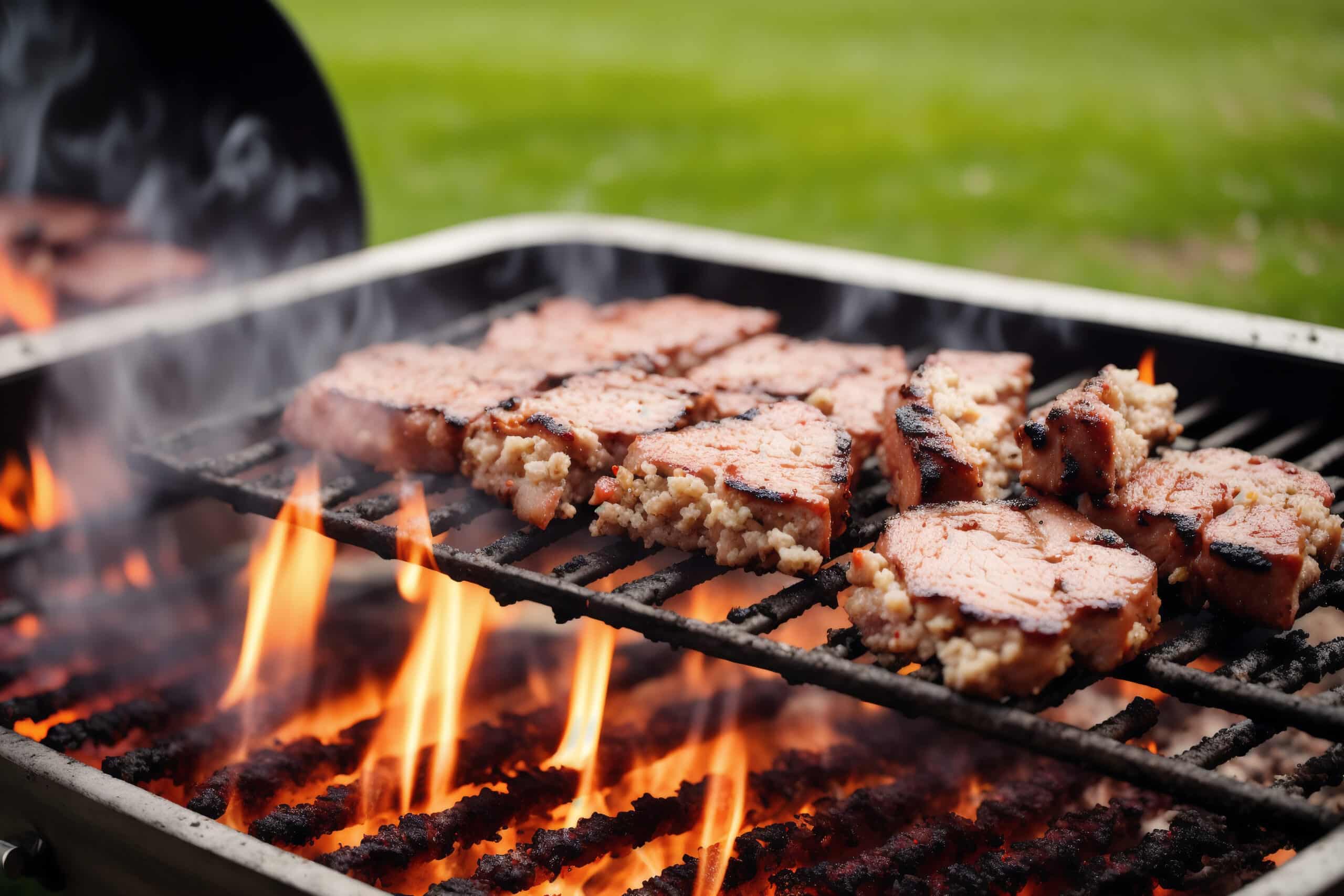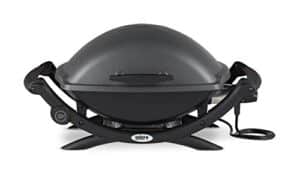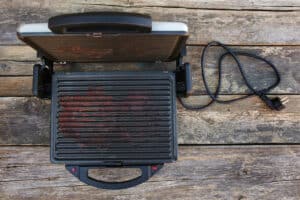Can You Convert A Propane Grill To Natural Gas?
Key Takeaways
- You can convert a propane grill to natural gas with the right tools and a conversion kit.
- Converting to natural gas offers benefits such as lower energy costs, better for the environment, convenience, safety, and potential flavor enhancement.
- Safety is a crucial consideration when converting, and it is important to follow the proper steps and use a manufacturer-approved conversion kit.
Are you a proud owner of a propane grill but considering a switch to natural gas? You may be wondering if it’s possible to convert your trusty propane grill to natural gas. The good news is, yes, you can convert a propane grill to natural gas! With the right tools, a conversion kit, and following the proper steps, you can enjoy the benefits of natural gas grilling. In this article, we will explore the process of converting a propane grill to natural gas, the pros and cons of making the switch, and important safety considerations.
The Conversion Process
The process of converting a propane grill to natural gas may vary slightly depending on the specific grill model. However, there are some general steps that can guide you through the conversion process:
- Consult Your Grill’s Manual: The first step is to consult the owner’s manual of your propane grill to determine if it is compatible with natural gas conversion. Manufacturers often provide specific instructions and guidelines for converting their grills.
- Purchase a Conversion Kit: Once you have confirmed compatibility, you will need to purchase a conversion kit that is specific to your grill model. It is important to choose a kit that is recommended by the manufacturer to ensure proper fit and function.
- Prepare the Grill: Before starting the conversion process, make sure to turn off all gas control knobs and disconnect the propane tank. Remove the warming rack, cooking grates, and flame tamers from the grill. Remove any carryover tubes and hitch pins from the burner tubes. Disconnect the burner tubes from the gas valves.
- Replace Orifices: Using the orifice removal tool provided in the conversion kit, remove the orifices from the burner connection holes. If the conversion kit includes new orifices, screw them in place.
- Replace Bezels and Control Knobs: Remove the burner control knobs and replace the bezels with new ones from the conversion kit.
- Reinstall Grill Parts: Reinstall the burner tubes, hitch pins, and carryover tubes in reverse order. Replace the LP regulator hose with the new natural gas hose provided in the kit. Connect the new hose to the natural gas outlet connection valve.
- Check for Gas Leaks: It is crucial to check for gas leaks before using your converted grill. Use a solution of soapy water and apply it to all connections and joints. If you see any bubbles, it indicates a leak. In such cases, tighten the connection or seek professional assistance.
- Light the Grill: Once you have ensured that there are no gas leaks, light the grill and check for proper operation. Make sure all burners ignite and adjust the flame as needed.
The Pros and Cons of Converting to Natural Gas
There are several advantages and disadvantages to consider when converting a propane grill to natural gas:
Pros:
- Lower Energy Costs: Natural gas is generally more economical than propane, so converting to natural gas can save you money in the long run.
- Better for the Environment: Natural gas is the cleanest-burning fossil fuel, resulting in fewer emissions and a smaller carbon footprint.
- Convenience: With natural gas, there is no need to schedule deliveries or pick up new and return empty propane canisters. Natural gas is piped straight to your grill, making it more convenient.
- Safety and Ease of Use: Using natural gas eliminates the need for handling and storing propane tanks, reducing the risk of accidents. Additionally, natural gas grills are generally easier to ignite and control.
- Potential Flavor Enhancement: Some people believe that natural gas grills provide better taste compared to propane grills.
Cons:
- Need for a Gas Supply: Converting to natural gas requires access to a natural gas supply or the ability to get one. If you don’t have a natural gas line available at your property, you may need to consider the cost of extending the gas supply.
- Compatibility Limitations: Not all propane grills can be converted to natural gas. It is essential to check your grill’s manual or consult the manufacturer to determine if conversion is possible.
- Cost of Conversion: Converting a propane grill to natural gas involves purchasing a conversion kit specific to your grill model. The cost of the kit, along with any additional expenses for installation or extending the gas supply, should be taken into account.
- Installation Safety: Improper installation of the natural gas supply can be a fire hazard. It is necessary to have some competence with hand tools and follow the instructions carefully. If you are unsure, it is advisable to seek professional assistance.
Is It Safe to Convert a Propane Grill to Natural Gas?
Safety is a paramount consideration when converting a propane grill to natural gas. As long as the proper steps are followed and safety precautions are taken, converting a propane grill to natural gas can be safe. It is important to use a manufacturer-approved conversion kit and follow the specific instructions provided.
Conclusion
Converting a propane grill to natural gas opens up a world of benefits, including lower energy costs, environmental friendliness, convenience, and potentially enhanced flavor. By purchasing a conversion kit specific to your grill model and following the proper steps, you can enjoy the advantages of natural gas grilling. However, it is crucial to consider the limitations, costs, and safety precautions associated with the conversion process.
Related Websites:
FAQs:
Q: Why are gas outdoor grills so popular?
Gas outdoor grills are popular due to their convenience, quick startup, and precise temperature control. They allow for easy and efficient cooking, making them a top choice for outdoor cooking enthusiasts.
Q: Can you convert a propane grill to natural gas?
Yes, most propane grills can be converted to natural gas. However, it is important to check with the manufacturer for specific conversion kits and instructions.
Q: What are the benefits of converting a propane grill to natural gas?
Converting a propane grill to natural gas offers several benefits. It is cost-effective in the long run, as natural gas is generally cheaper than propane. It provides the convenience of a constant fuel supply without the need for frequent refills. Additionally, natural gas is considered more environmentally friendly.
Q: What are the safety considerations for converting a propane grill to natural gas?
Safety is crucial when converting a propane grill to natural gas. Proper installation and ventilation are essential to prevent gas leaks or carbon monoxide buildup. It is important to follow manufacturer instructions and, if unsure, seek professional help. Regular maintenance and inspections are also necessary to ensure continued safety.
Q: What are the drawbacks of converting a propane grill to natural gas?
While converting a propane grill to natural gas has many benefits, there are a few drawbacks. The initial cost of conversion can be higher due to the need for a conversion kit. Additionally, natural gas grills are less portable compared to propane grills, as they require a dedicated natural gas line.






